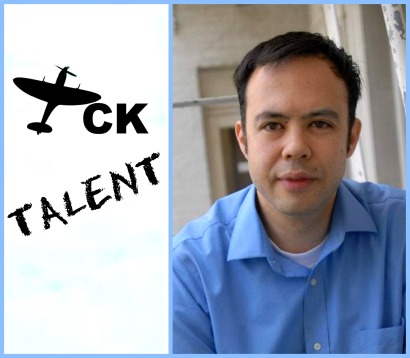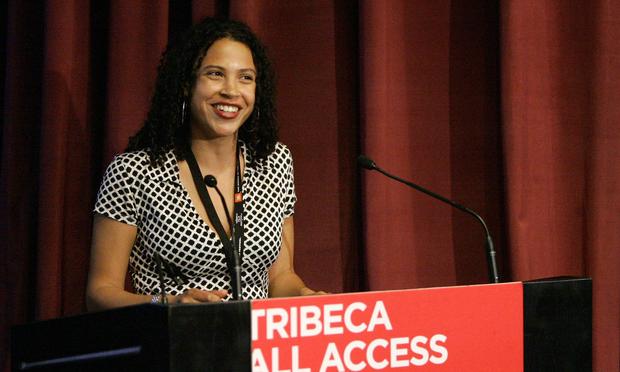My body is not an apology: Race, Representation & Beauty by Emma Dabiri
Thandie Kay
2015-04-19
Emma Dabiri, Teaching Fellow
Africa Department, School of African and Oriental Studies, London
Visual Sociology Ph.D. Researcher, Goldsmiths University of London

Emma Dabiri
Emma Dabiri is an Irish-Nigerian PhD researcher in Goldsmiths, and teaching fellow in the Africa Department at The School of Oriental African Studies. She also works as a commercial model. Thandie encountered her when she read an article Emma wrote for The New Statesman earlier this year. They struck up a Twitter chat, and the rest is history – as written by @TheDiasporaDiva. Welcome to her 21st century world.
I recently got caught up in an online debate about a black celebrity who has completely transformed her face, arguably to make it look more European. While the jury was out as to whether or not she should have had plastic surgery, the conversation was largely framed around whether or not the surgery was successful. Ultimately this was judged by whether or not she had achieved that elusive, subjective, and most coveted of assets, “beauty”.
I was struck by the sensation that something was very wrong with the whole picture. Why do we continue to allow our options to be constrained within such a tyrannical framework, whereby a woman’s worth is calculated by the way she looks? Why don’t we push for a redefinition of what is important?
Regardless of the outcome of the surgery, I think it is unlikely this celeb will be satisfied. Insecurities are rarely vanquished by indulging the processes responsible for creating them; If anything they are multiplied…
…In my early teens I was very much the awkward black girl. I was always overlooked for my white, skinny, mousey brown-haired friends. Nobody asked me to dance at discos. When playing spin the bottle I willed the bottle never to land on me. I couldn’t bear the shame I felt for the poor misfortunate who might be dared to kiss a creature as monstrous as me.
In addition to the usual pressures on a teenage girl, mine were compounded by race. My hair – goodness my hair…
…So it was complex. I wanted to be seen as pretty, I craved the validation (an empty and shallow place to barter for your humanity, but how many of us succumb to it?) yet at the same time I was incredibly uncomfortable with the attention I got. I was always made to feel conspicuous; under scrutiny, an object to be examined. In his famous train passage, Fanon explores the psychological effects of subjection to the white gaze, upon the black subject-
“Look, a Negro…Look at the nigger!…Mama, a Negro!”(1986:112).
I remember, vividly, a flood of grateful relief upon first encountering these words. As an isolated, ‘mixed-race’ or black individual, in a predominantly white environment, you become a cipher, a representation of a coming anarchy. The barbarians have breached the gates, and you are the manifestation of all the images, fantasies, fears and desires that have been absorbed by a population fed a steady diet of racist discourse. You are constantly under surveillance. You become achingly aware of your every gesture; your movements, your very posture, are at all times under analysis. Mundane details, the minutiae of your daily routine, are a performance for public consumption. While, I could not articulate this at the time, I experienced the suffocating weight of such an existence deeply…
Read the entire article here.





